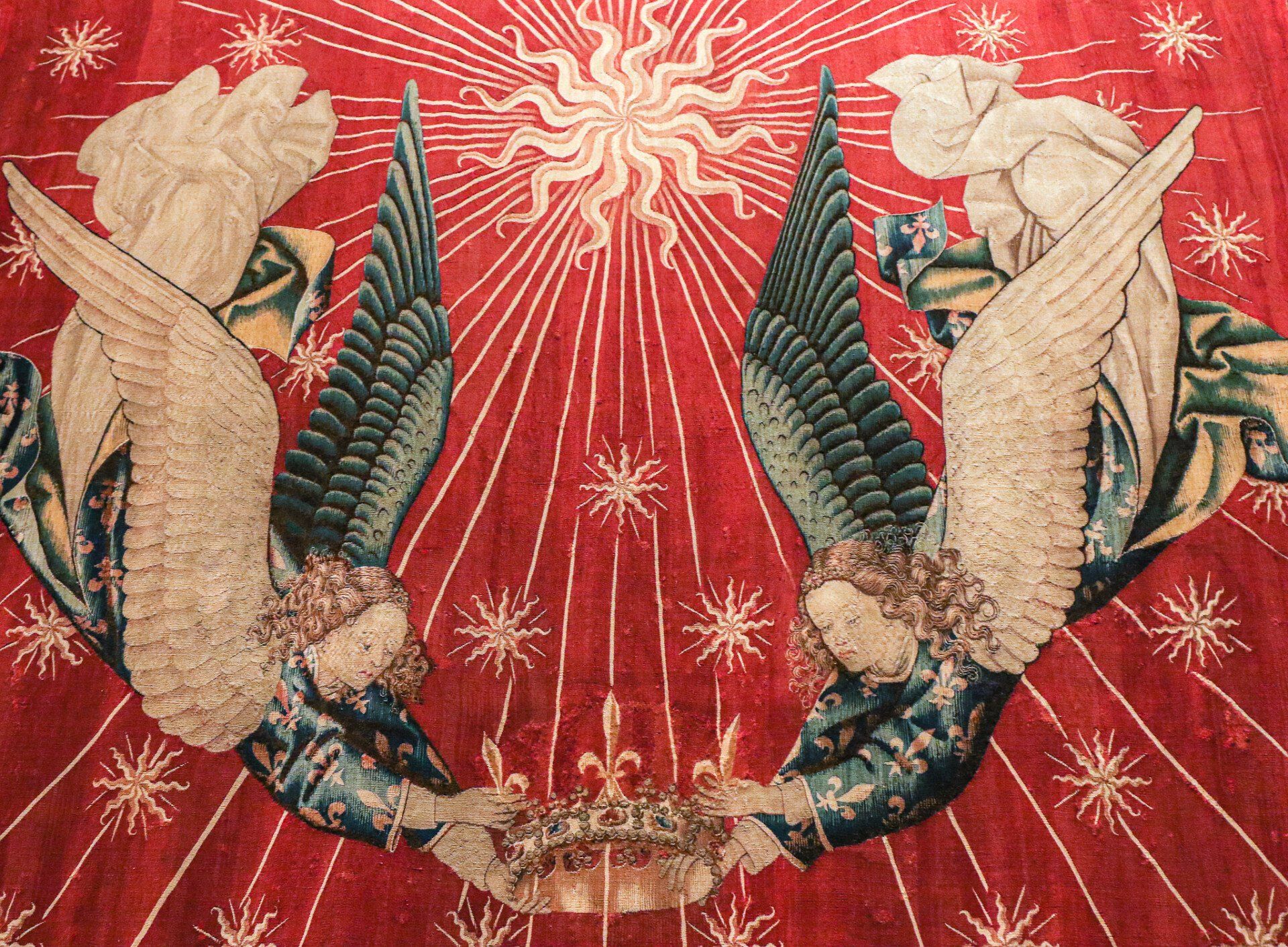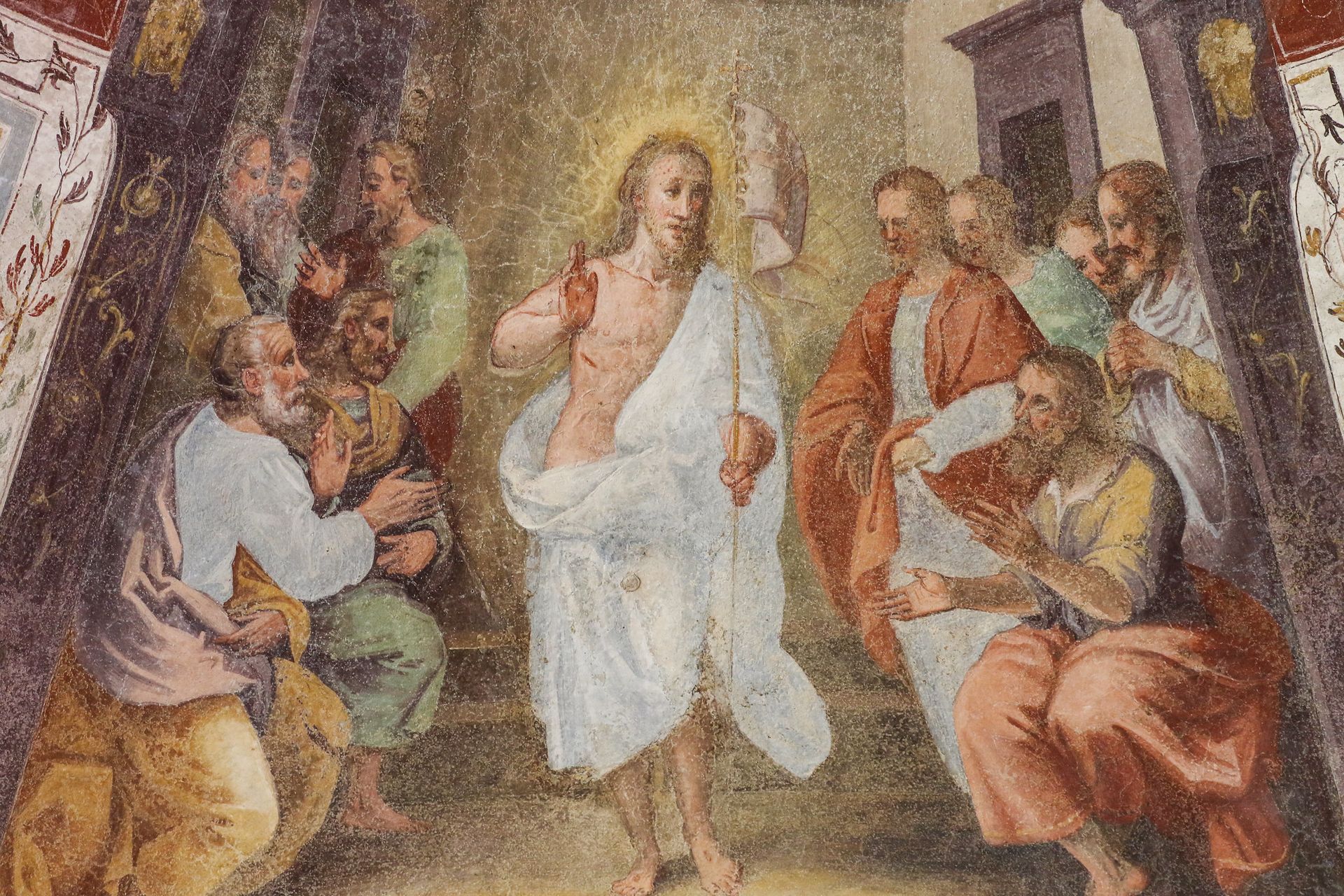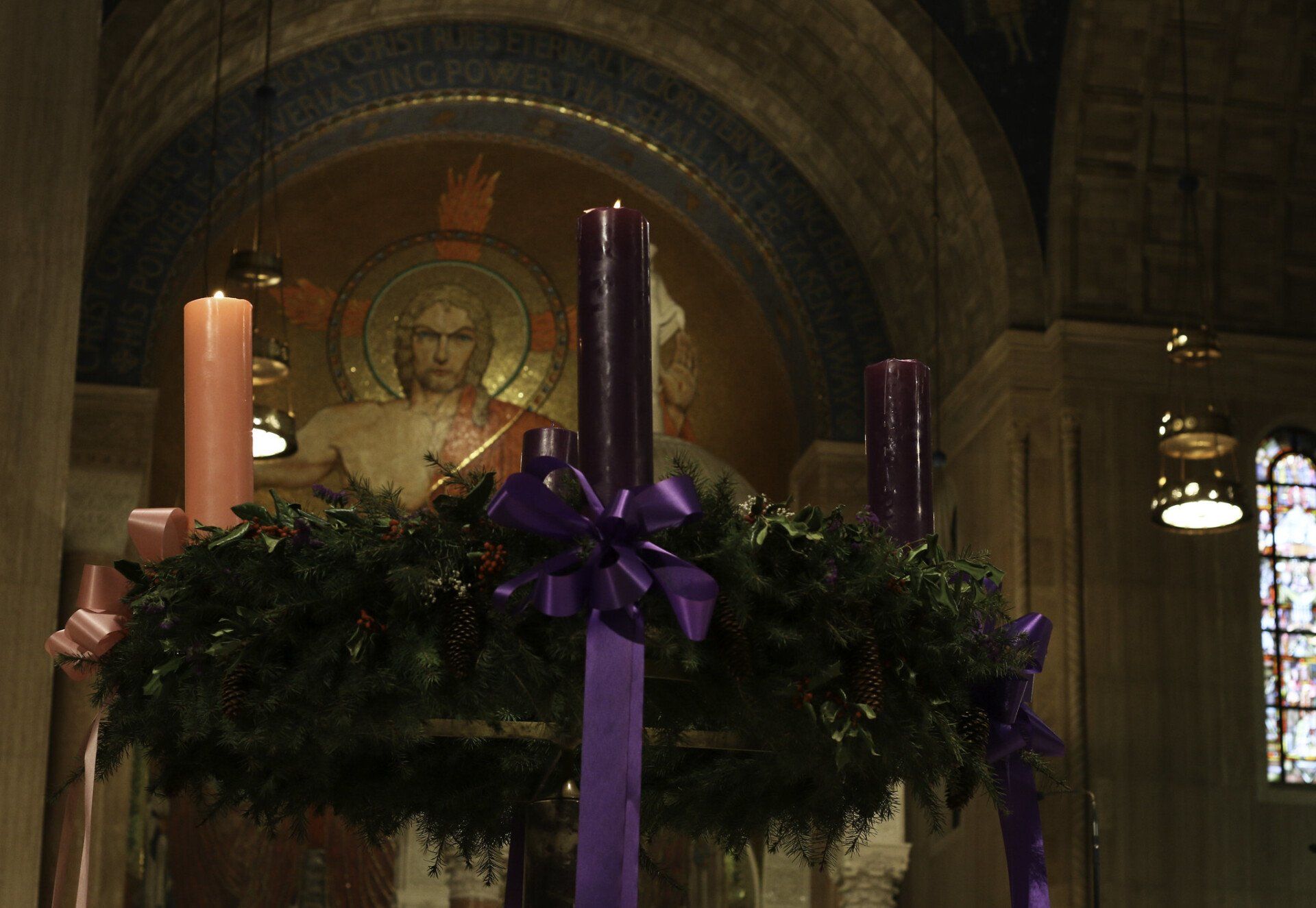How to Become a Saint
Sermon for All Saints’ Sunday, November 6, 2022
Who are these like stars appearing,
These before God’s throne who stand?
Each a golden crown is wearing;
Who are all this glorious band?
...
Who are these of dazzling brightness,
These in God’s own truth arrayed,
Clad in robes of purest whiteness,
Robes whose lustre ne’er shall fade,
Ne’er be touched by time’s rude hand?
Whence come all this glorious band?
I said to him, “Sir, you know.” And he said to me, “These are they who have come out of the great tribulation; they have washed their robes and made them white in the blood of the Lamb.
These are they who have contended
For their Saviour’s honour long,
Wrestling on ’til life was ended,
Foll’wing not the sinful throng;
These are they whose hearts were riven,
Sore with woe and anguish tried,
Who in pray’r full oft have striven
With the God they glorified…
Sainthood is attainable, but not easily so. This is why the Christian tradition has given us not one but two observances this week to remember those who have left this world. On All Souls, which we kept earlier this week, we remember all Christians who have died, and offered prayers on their behalf. Today, the Feast of All Saints, we celebrate those who by their witness to Christ earned, to say the least, particular honor and distinction in the kingdom of heaven. Equality is not a characteristic of heavenly society. Some will have more honor than others, though all alike will be there by the grace of God. We will be rewarded in just measure to our faithfulness here on earth.
And while seeking honor and glory here on earth puts one in the way of vainglory and pride, I would go so far as to say that we ought to strive for distinction in the kingdom of heaven. What does that look like?
Revelation gives a view of the saints in their heavenly reward; Jesus’s Beatitudes show how they got there. And it shows us what our lives need to look like, if we hope to see ourselves one day as members of that shining company.
Before we look at these verses individually, let me first state a fundamental axiom, or self-evident truth, about these “Beatitudes” as a group, and about those who they describe.
The Beatitudes describe those who follow Jesus Christ, and they describe the life of Christ himself, as he lived on earth. Blessed is the man, as the first Psalm says—that Man is, first and foremost, Jesus. He shall be like a tree planted by streams of water. Jesus Christ is the Tree of Life, from whom the streams of living water flow, and whose leaves are for the healing of the nations.
Perhaps we could even say that the saints, in their lives on earth, are like those leaves: by their presence they bring blessing and hope, and even in their death they consecrate the places in which their bodies rest. The blood of the martyrs cries out for vengeance, but at the same time it waters the seed of the gospel, so that over the bones of the dead saints are built the temples of the living church.
- The “poor in spirit” are those who imitate Christ, who set aside the glory of his own divinity to take on human flesh. His followers give up earthly glory and the world’s worth for the sake of future glory. Thus on earth they live as poor, but the kingdom of heaven belongs to them.
- Those who mourn over sin (their own and others’) and walk in repentance allow the bitterness of Jesus’s Cross to purge them of sin. In the kingdom of heaven, their mourning will be turned to joy.
- The meek partake of Christ’s meekness, who “as a sheep before his shearers was dumb” and shut his mouth before the powers of the earth. He has now ascended to the highest rule and authority in heaven, and his sheep “overcome evil with good,” who do not hold offenses in their hearts but prefer to suffer wrong rather than to wrong others, will one day rule not in heaven only but on earth as well.
- Those who hunger for righteousness will be made righteous;
- those who show others the mercy of Christ will receive mercy themselves.
- Those who bring peace and reconciliation instead of war and hatred will find that they have come to resemble the Son of God who came to reconcile the world to the Father through his blood.
- And those who share in his sufferings and death, hated for the truth and persecuted for the sake of righteousness, will also share his glory in heaven.
These are not 8 different types of people; these 8 blessings describe the lives and the virtues of all the saints.
As you can see, being a saint is not easy. But neither is it impossible, for those who fix their attention on Jesus, following in his way and turning aside neither to the right nor to the left, persevering and enduring all things, but never taking their eyes off the prize, which is to see and know God.
In the words of the Sunday-school hymn:
“They were all of them saints of God, and I mean, God helping, to be one too.”




